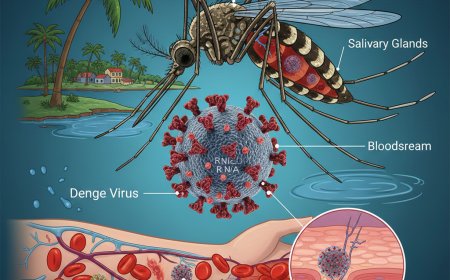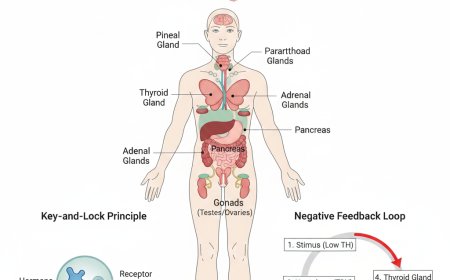General Medical Questions
This topic covers basic medical knowledge about the human body, including vital signs, organ functions, common diseases, and overall health indicators. It helps in understanding essential concepts such as body temperature, blood pressure, the roles of major organs like the heart, liver, and kidneys, and conditions like diabetes and anemia. These questions are useful for general awareness, healthcare students, and early medical education.
General Medical Questions
-
What is the normal range for human body temperature?
→ Typically around 98.6°F (37°C), but can range from 97°F to 99°F. -
What is blood pressure, and what is considered normal?
→ Blood pressure measures the force of blood against artery walls. Normal is around 120/80 mmHg. -
What are the main vital signs a doctor checks?
→ Temperature, pulse (heart rate), respiration rate, and blood pressure. -
What is the role of red blood cells?
→ To carry oxygen from the lungs to the body and return carbon dioxide back to the lungs. -
What are the main functions of the liver?
→ Detoxification, protein synthesis, and production of biochemicals necessary for digestion. -
What organ is responsible for filtering blood?
→ The kidneys. -
What is diabetes, and what causes it?
→ A condition where the body doesn't produce or use insulin properly, leading to high blood sugar levels. -
How many bones are in the human body?
→ 206 bones in adults. -
What is the function of the immune system?
→ To protect the body against disease and infections. -
What is anemia?
→ A condition in which there's a deficiency of red blood cells or hemoglobin in the blood.
What's Your Reaction?
 Like
0
Like
0
 Dislike
0
Dislike
0
 Love
0
Love
0
 Funny
0
Funny
0
 Angry
0
Angry
0
 Sad
0
Sad
0
 Wow
0
Wow
0
































